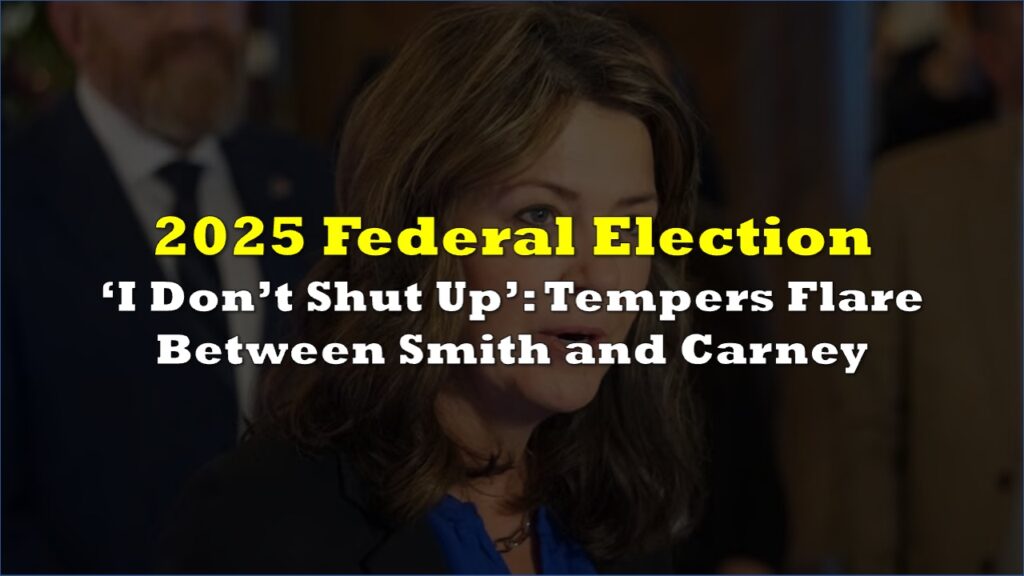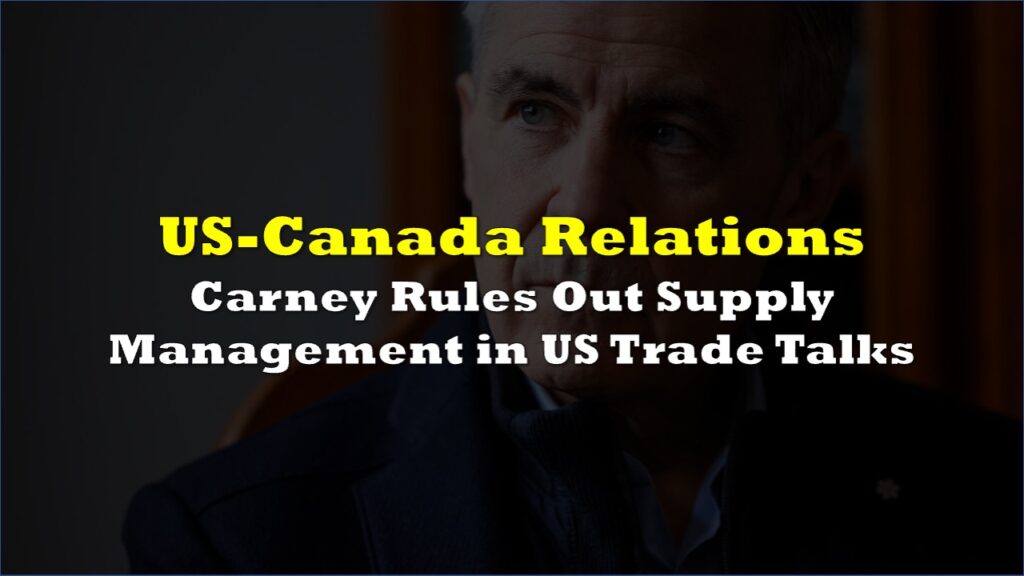Mark Carney has doubled down on his climate strategy during a Sunday evening appearance on Radio-Canada, where he advocated for a carbon tax system targeting industrial polluters.
During his interview on “Tout le monde en parle,” the Liberal leader contrasted his environmental approach with Conservative opponent Pierre Poilievre’s position, suggesting his rival lacks proper understanding of carbon market mechanisms.
Related: Carney Scraps Carbon Tax… Or Did He?
“Big polluters must pay,” Carney said in French, arguing that effective climate action requires making heavy industry financially accountable for emissions.
The former central banker outlined his vision for Canada’s competitive position in global markets, emphasizing that successful economies worldwide are implementing carbon taxes. His campaign platform proposes shifting away from consumer-level carbon taxes toward an industrial model that would ultimately affect consumer prices indirectly.
Related: Canadian Gas Prices Drop After Government Scraps Carbon Tax
Carney commits to carbon taxes on French radio tonight. https://t.co/ahgksJNhjh
— Ann Rolle 🍎🍏 (@AnnRolle_) April 14, 2025
Former Environment Minister Steven Guilbeault amplified Carney’s message by sharing the interview clip online. Guilbeault warned that eliminating industrial carbon taxation would give major emitters a free pass while potentially weakening Canada’s economic standing in emerging low-carbon markets.
Before entering politics, Carney built his climate credentials as the UN’s Special Envoy for Climate Action and Finance. Sources indicate that during his advisory role in the Trudeau government, he advocated for stronger carbon taxes on polluters than were ultimately implemented.
Related: Carney’s Pipeline Promises Seem To Be Lost In Translation
Information for this story was found via the sources and companies mentioned. The author has no securities or affiliations related to the organizations discussed. Not a recommendation to buy or sell. Always do additional research and consult a professional before purchasing a security. The author holds no licenses.









